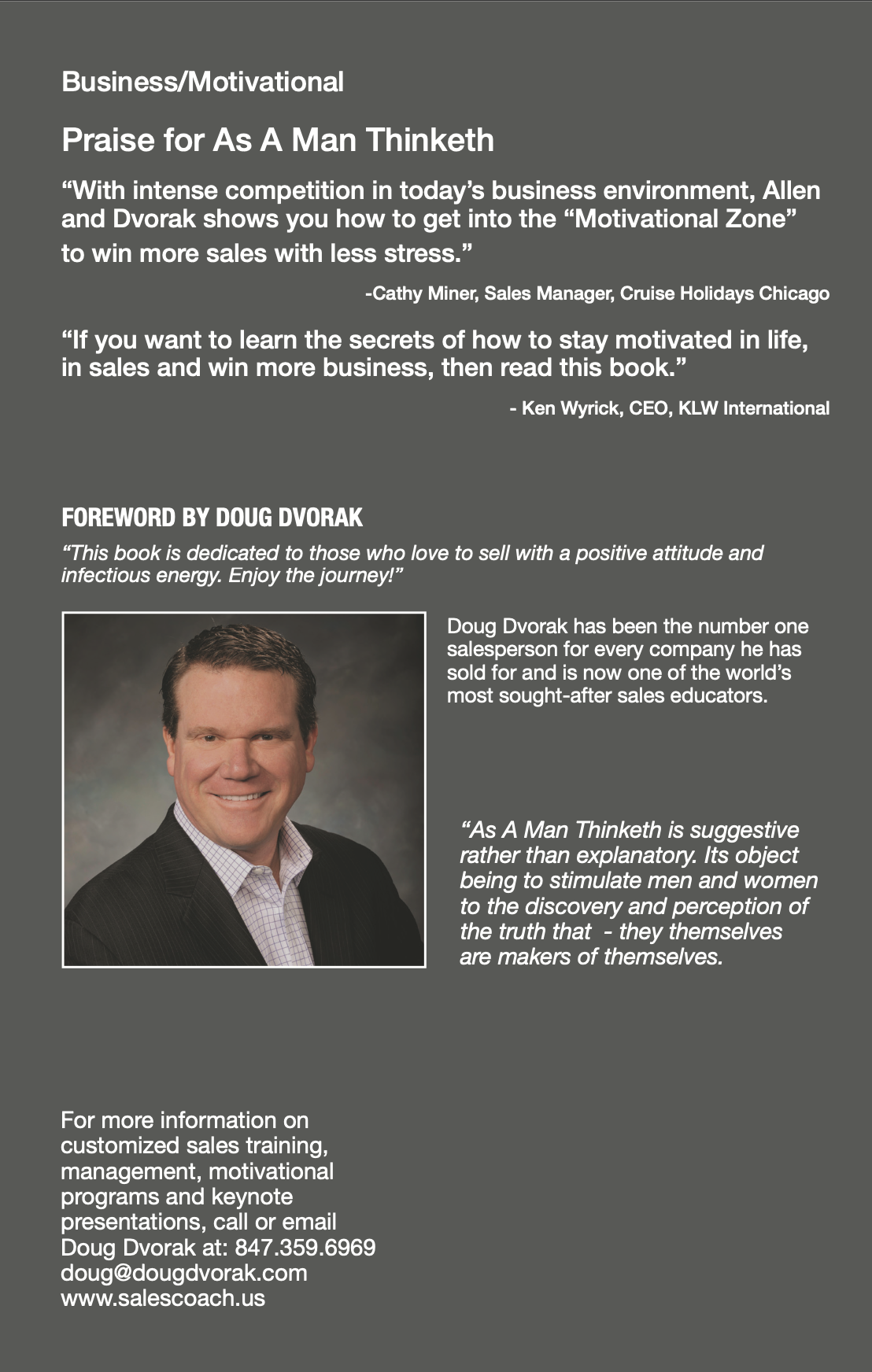In today’s fast-paced business world, sales prospecting is hard work as trying to pick the right method to communicate with existing and potential customers is not easy. That said, email is still one of the best ways to reach your target audience if you get it right.
While there are plenty of strategies to remember when writing emails, there are also plenty of mistakes you need to avoid. Bringing in the right sales coach to work with your team is the best way to address this issue but, in the meantime, here are six of the most common mistakes your business needs to stop making:
1. Not Personalizing Your Emails
It’s essential to make sure that the emails you are sending are personalized to the reader and do not read like a generic copy that you’ve sent out to people in bulk. Otherwise, it won’t look like you’ve tried, and people don’t like this.
Instead, make sure you’re researching the name of the person you’re sending your email too, and customizing the content to suit their industry or business. The more concise your email is, the more attention it will attract.
2. Not Including Calls to Action
It’s all well and good writing email copy that gets a potential client interested, but if there’s no easy way for a client to take the next step, they’re not going to go out of their way to find one.
Always make sure you include a call to action for the reader to follow to take them directly to where they need to be when it comes to working with your business or company.
3. Writing Emails That Are Too Long
Today’s sales prospecting world is all about fast-paced content that comes and goes, and everyone feels too busy to sit and dedicate too much time to something that might not even be something they’re interested in. For example, consider how quickly you scroll through your social media feeds.
The same concept applies to email. If you’re writing your copy that is too long, it’s going to dissuade your readers from reading it, and they won’t invest in what you have to offer. Statistics show anything longer than 100-150 words is unlikely to be read.
4. Not Including Valuable Information
While you may have an awesome product or service that you’re ready to share with the world, many people like the way things are and they don’t want to change. You must be proactive in providing giving customers with enough information to get them excited.
Limit your use of “hard sell” and “promo” messaging and provide real value in your email that gets the reader on your side providing them with interesting information that actually engages them.
5. Sending Too Many Emails
Many salespeople think selling is purely a numbers game and that the more emails they send, the more likely they are to get a hit. While this may be somewhat true, you need to be careful when it comes to email because you don’t want your company to receive too many spam complaints linked to its domain.
As any highly-trained sales coach will tell you, getting blacklisted is no fun. Be sure your reps are spacing out their emails by at least three days to each individual prospect.
6. Not Following Up
Okay, while this isn’t a point about writing emails, it is absolutely essential that you’re following up on the emails you have already sent. It’s important you find out if a prospect is interested in what you sent them but they haven’t had the time to get back to you yet.
You’ll be surprised how many prospects read your email, like what they see, but then get caught up in other things and it slips through the cracks. It is always a best practice to send a gentle reminder to keep them engaged (of course, don’t forget the advice laid out in No. 5!).
Summary: It’s important to remember that nobody’s perfect and we all make mistakes. To be sure you’re doing you can for your business, it might be an idea to focus on eliminating the “big misses” when it comes to writing and sending prospecting sales emails.
About the Author: Ellie Coverdale, a marketing business consultant at UKWritings.com and Boomessays.com. She also teaches writing skills for Essayroo.com in her free time.
CAPTION: With people checking email on their phones than ever before, keeping your emails brief is a best practice to keep in mind.


















